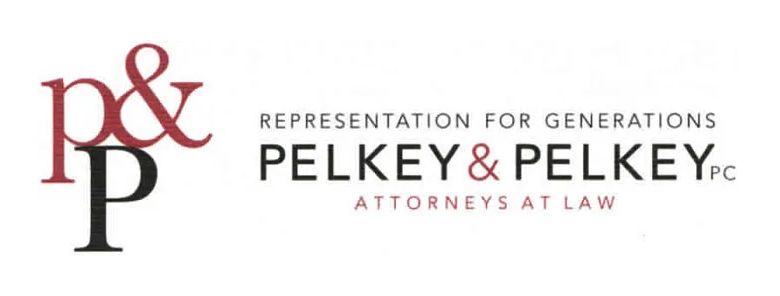How to Avoid Probate in New York
5 Probate Alternatives Under New York Law
When someone passes away, their assets must go through legal processes, including
probate and probate alternatives, before they can be distributed to beneficiaries. Until recently, most assets passed under the deceased last will and testament through a process known as probate. In New York, the
Surrogate’s Court handles probate issues like validating wills and transferring property to legal heirs and beneficiaries. Given the complexity of the law, most people work with an attorney to handle this matter on their behalf. These proceedings can take months and be complicated, as well as costly. On the positive side, the deceased is assured that his/her worldly goods will pass exactly as intended. However, incorporating probate alternatives into an estate plan will help your loved ones avoid court delays and expenses, so long as you are working with trustworthy agents.
1. Living Trust
A living trust is becoming one of the most common ways to avoid probate. By transferring assets of any kind to yourself as trustee for the living trust allows you to avoid probate with regard to that particular asset(s). The two most basic living trusts are the revocable and irrevocable living trusts, both of which avoid probate. You would appoint a successor trustee just as you would appoint an executor(rix) to implement your wishes upon your death.
2. Tenancy in Common
The most popular form of ownership is a tenancy in common. Two or more individuals can own real estate or personal property this way, including cars and financial accounts. A tenancy in common ownership gives each owner equal rights to use the property and transfer their share to others, including into a living trust, which avoids probate.
When you pass away, your ownership interest goes to whomever you name as the trust’s beneficiaries, such as children or grandchildren. The surviving tenants in common continue their ownership.
3. Joint Tenancy
You can own property with one or more individuals in a joint tenancy, which passes the asset to the surviving co-owner without going through probate.
Often called joint tenancy with right of survivorship, this probate alternative applies to real estate or personal property. With two or more joint tenants, when one of the co-owners passes away, the survivors hold the property as tenants in common unless the ownership document states otherwise.
4. Tenancy by the Entirety
If you are married and plan to buy real estate, New York allows you and your spouse to hold the title to it as a tenancy by the entirety. This special type of joint tenancy applies only to property owned by married couples. While both spouses are alive, neither one can leave the property to someone else. When one spouse passes away, the surviving spouse becomes the sole property owner automatically, free and clear of any debts the deceased spouse might have owed on the property.
5. Totten Trusts
One can designate a beneficiary of a bank account by placing a designation "ITF" (in trust for) or "TOD" (transfer on death). My recommendation is to consult your bank. Unlike a joint account, the beneficiary will not have access to these funds during your lifetime.
To learn how probate and probate alternatives can impact property ownership, talk to an estate planning attorney at Pelkey & Pelkey, P.C. This legal team has more than 60 years of experience protecting assets and helping clients make wise decisions. Residents throughout the Greater Rochester, NY, area rely on these attorneys for personalized service and detailed knowledge of probate and probate alternatives. Visit the website for more about these estate planning attorneys and call (585) 544-3440 to schedule a consultation.






